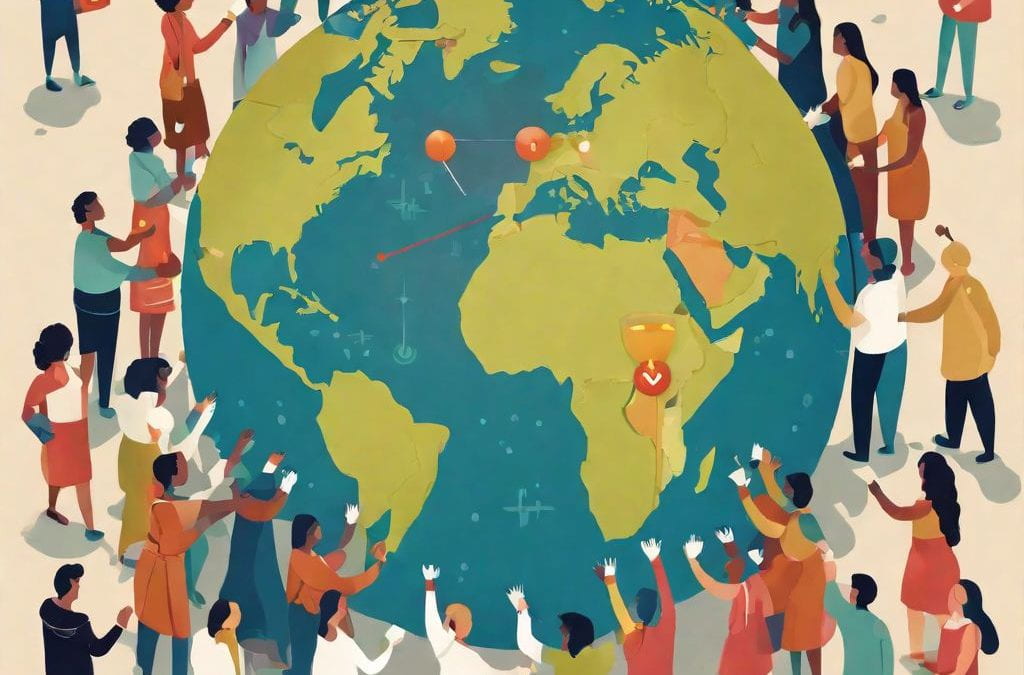
Earth: A story of a Sick Mother with Smart Children
Understanding Our Relationship with Mother Earth
As we journey through life, we gain a deeper appreciation for the sacrifices made by our parents and family. Their efforts have shaped our existence, nurturing dreams within us from an early age. Many of us have aspired to one day reciprocate their love and sacrifices, with ambitions like, “I want to work hard to buy my mother a house.”
However, life’s realities don’t always align with our dreams. Some struggle to stand on their own, inadvertently becoming a burden instead of a support. This predicament often befalls those who face financial hardships or cannot secure decent employment.
The Earth and Its Children: A Reflection
Let’s draw a parallel between this human experience and our relationship with Mother Earth. Does the burden of care also fall on the less fortunate in this dynamic? More crucially, do the financially successful among us shoulder the responsibility to nurture and protect our planet?
Unveiling the Reality: Environmental Impact Visualized
To delve deeper, we turn to two revealing visualizations. The first, marked in red, showcases per capita CO2 emissions across various nations. At first glance, it appears that highly industrialized countries contribute more to air pollution. This leads to an assumption: a country’s industrial activity is directly proportional to its environmental impact.
However, a closer inspection reveals anomalies. For instance, China, despite being a manufacturing powerhouse, emits significantly less CO2 than Canada (477.6 vs 136.5). This observation suggests a need for further exploration.
Financial Well-being and Environmental Impact
The theory proposed by Dr. Jordan Peterson, a renowned clinical psychologist and Harvard professor, guides our investigation. He posits that addressing global warming hinges on improving human quality of life, enabling a collective environmental stewardship.
This theory is tested against the Human Capital Index (HCI), which assesses countries’ effectiveness in harnessing their citizens’ economic and professional potential. Contrary to Dr. Peterson’s hypothesis, the data reveals an inverse relationship between HCI and CO2 emissions. Countries with advanced economic circumstances seemingly exert more environmental strain.
A Call to Action: Repaying Mother Earth
This paradox highlights a critical point: economic prosperity and educational excellence must be channeled towards enhancing environmental health. It’s not just about growth; it’s about sustainable, conscious growth.
Conclusion: A Collective Responsibility
In closing, it’s worth noting that a mother never compromises her children’s well-being for her own gain. Similarly, we, as inhabitants of this planet, especially those in positions of privilege, must direct our resources towards nurturing a healthier global environment. Shifting blame to less fortunate nations misses the mark. Instead, we should embrace our collective role as stewards of the Earth, repaying it for the abundance it has bestowed upon us.